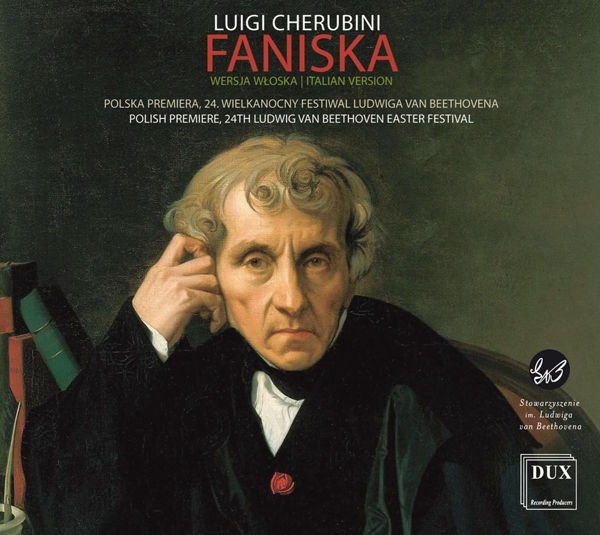Zubehör |
Mein Konto
|
Anmelden
|
Deutsch |
$ US Dollar |
erweiterte Suche
|
Alle Kategorien
BEST SELLER
500
NEUHEITEN
7.371
ANGEBOTE
224.764
Bisherige Auswahl:
keine Auswahl
Ergebnis einschränken:
TECHNIK
264.149
MUSIK
716.841
- 60er Jahre
259
- Asia Pop
9.524
- Austro Pop
209
- Brit Pop
241
- Dutch Pop
1
- Euro Pop
38
- French Pop
563
- Indie Pop/Lo Fi
24
- Italo Pop
282
- Latin Pop
6.879
- MiddleoftheRoad
2.500
- Oldies
62
- Party
33
- Sonst.Pop
234.456
- Synthi Pop
317
|
Musik Filme Hörbücher Merchandise Kinder |




















